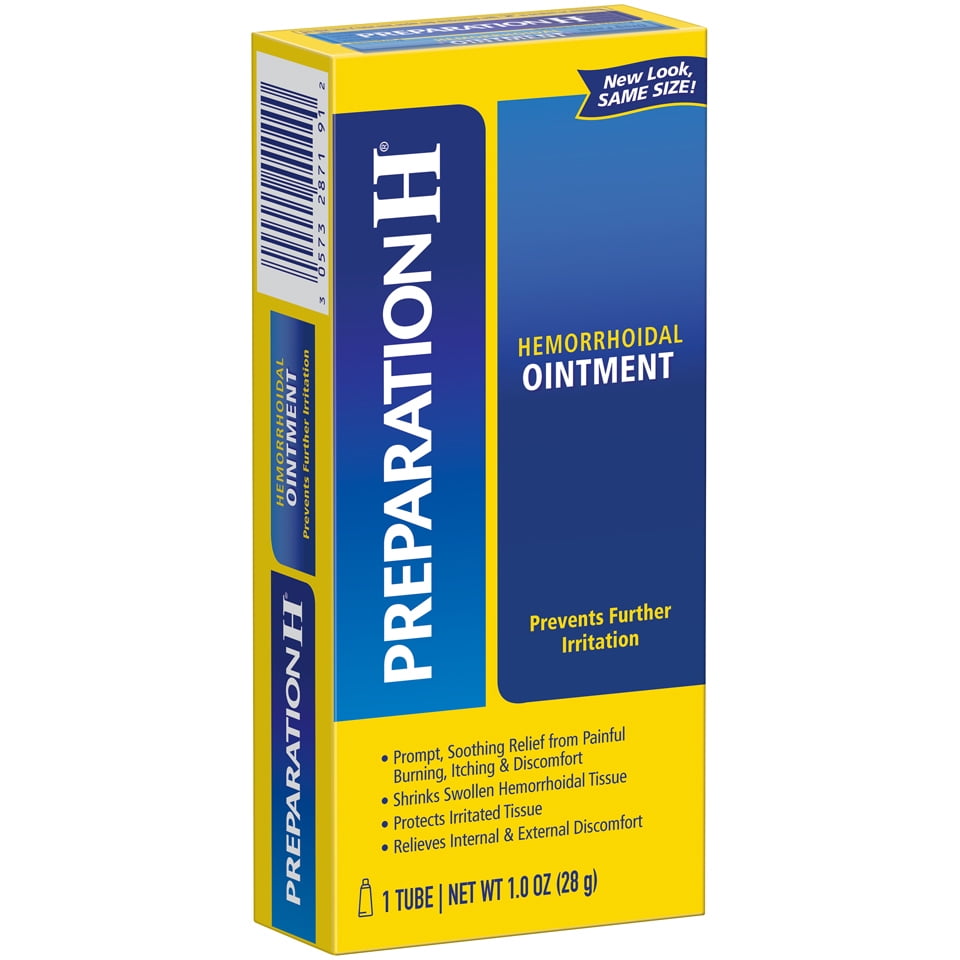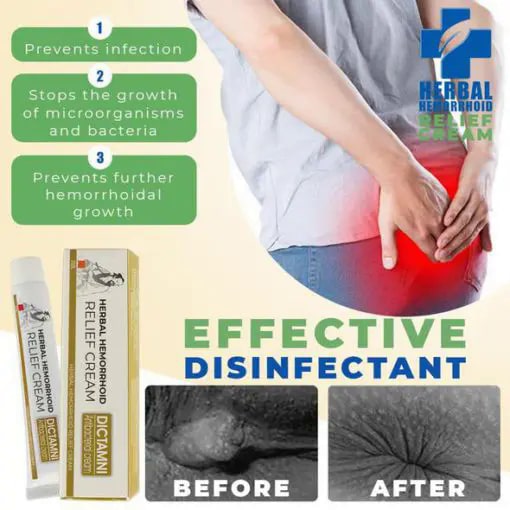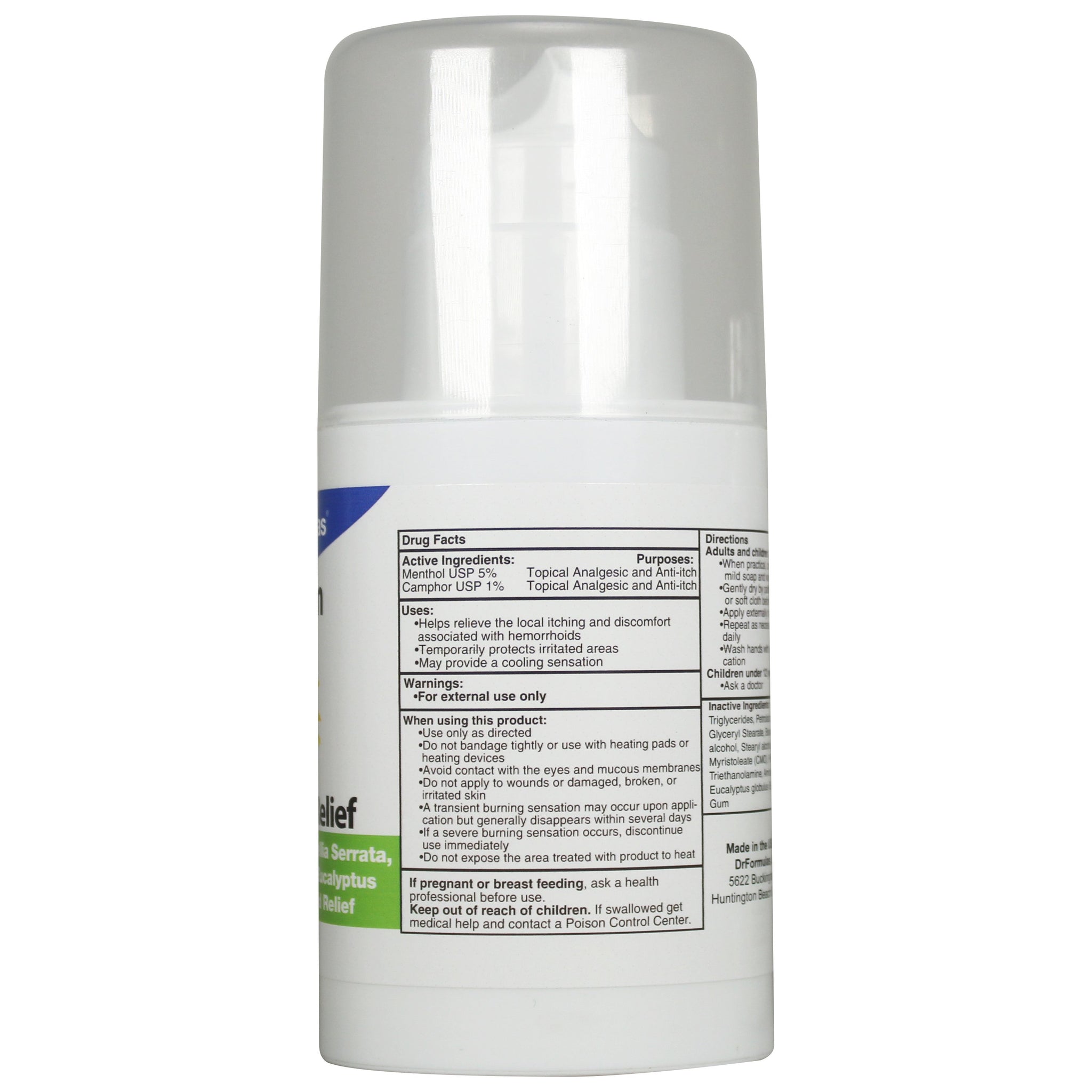


Hemorrhoids often go away on their own without treatment. Strangulated hemorrhoids (muscles in the anus cut off blood flow to a prolapsed internal hemorrhoid).
Hemorrhoids medication skin#
Skin tags (flap of tissue that hangs off skin).Hemorrhoids can be uncomfortable and painful, but they don’t tend to cause serious problems. What are the complications of hemorrhoids? For this reason, it’s important to let your healthcare provider know when you’re having symptoms.īowel diseases that can cause bleeding include: Some of these disorders are life-threatening. What other conditions cause hemorrhoid-type symptoms?ĭifferent gastrointestinal disorders can cause rectal bleeding and other symptoms similar to hemorrhoids. You may be able to feel them bulging outside the anus and gently push them back inside. Prolapsed hemorrhoids can be painful and uncomfortable. Pain or ache in the anus, especially when you sit.Hard lumps near the anus that feel sore or tender.If you have symptoms of internal hemorrhoids, you might see blood on toilet paper, in stool or the toilet bowl. Many people with internal hemorrhoids don’t know they have them because they don’t have symptoms. Internal hemorrhoids rarely cause pain (and typically can’t be felt) unless they prolapse. Straining to lift heavy objects or weightlifting.Pushing hard to have a bowel movement (poop) because of constipation.Pelvic pressure from weight gain, especially during pregnancy.You might think of them as varicose veins that affect your bottom.Īny sort of straining that increases pressure on your belly or lower extremities can cause anal and rectal veins to become swollen and inflamed. Straining puts pressure on veins in the anus or rectum, causing hemorrhoids. Your healthcare provide will do a physical exam and may order tests to find what’s causing your symptoms. While swollen veins cause hemorrhoids, a tear in the lining of the anus causes an anal fissure. Hemorrhoids and anal fissures cause similar symptoms, such as itching, pain and bleeding. What’s the difference between hemorrhoids and anal fissures? These hemorrhoids may bleed or cause pain. Prolapsed: Both internal and external hemorrhoids can prolapse, meaning they stretch and bulge outside of the anus.Internal hemorrhoids may bleed, but they usually aren’t painful. Your rectum is the part of the digestive system that connects the colon (large intestine) to the anus. Internal: Swollen veins form inside the rectum.This is not dangerous, but can result in pain and swelling.

Sometimes they fill with blood that can clot. External hemorrhoids can be itchy and painful. Your anus is the canal where poop comes out.


 0 kommentar(er)
0 kommentar(er)
